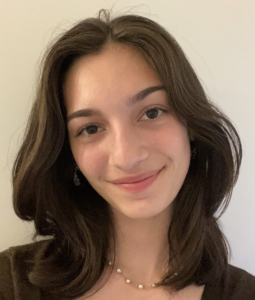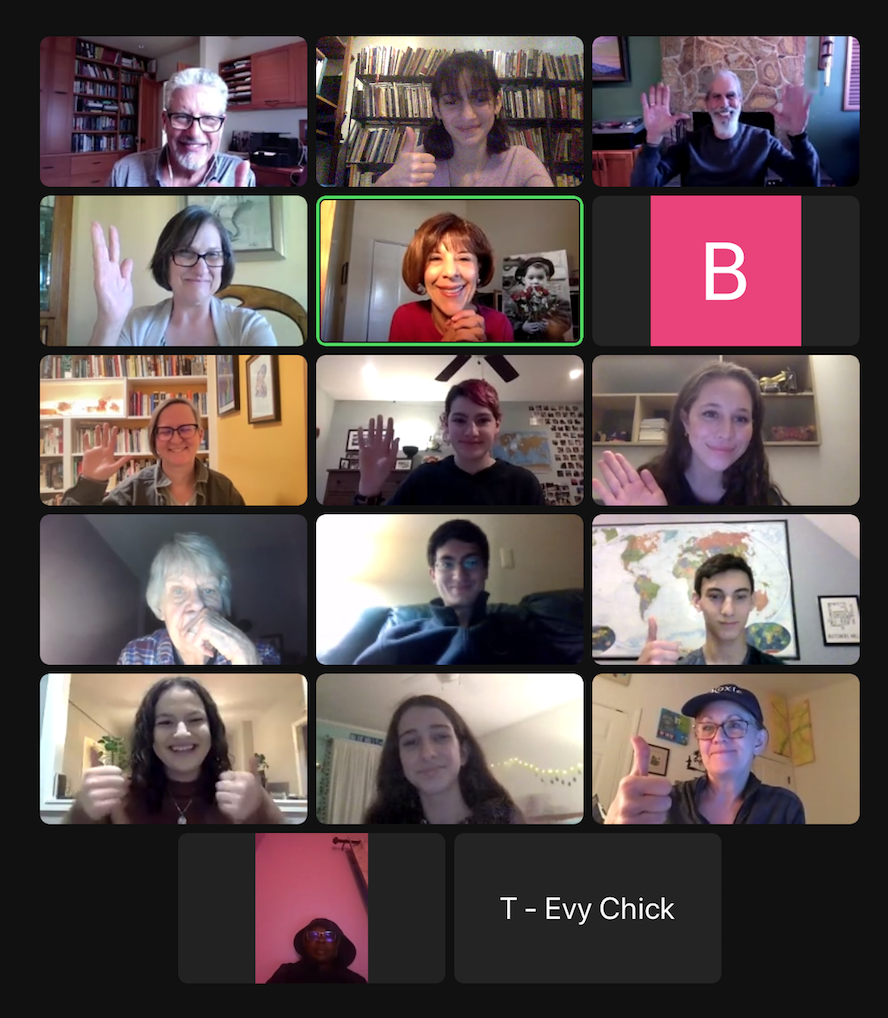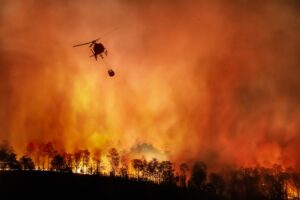Between the pandemic, online learning, the restriction of social events, the escalation of political conflict, and the intensity of social activism both in the streets and on social media, teenagers, like most people, feel worn out.
For some in the younger generation, this exhaustion may impact their level of political engagement. But seventeen-year-old Josie Reich has decided to find a new way to be involved.
A few weeks ago, she collaborated with Braver Angels to host a virtual Depolarizing Within workshop for teens and young adults. The goal is to give people the skills to better listen to different perspectives during political conversations.
In the days before the event, Josie and I hopped on the phone. I wanted to know how, as a person whose brain is currently wired to conform, she was able to reject a culture of political conflict and instead look for a solution.
She began by telling me a story.
Josie grew up in the liberal bubble of Washington D.C. When she was a freshman in high school, one of the seniors left, suing the school after accusing the student body of not taking her opinions seriously. The student was one of the only conservatives in an area Josie said is “as bad as it gets in terms of one-sidedness.”
“I realized everyone around me had the same political opinion,” Josie said. “I felt a little trapped. I wasn’t having my opinions challenged.”

Josie was amongst those who disagreed with the senior, but the event triggered some reflection. “I realized everyone around me had the same political opinion,” she said. “I felt a little trapped. I wasn’t having my opinions challenged.” She was confronted by this realization when, in 2020, she worked as a field organizer on the campaign of Colonel Moe Davis.
Josie led the phone banks, calling up people throughout the district to speak with them about Colonel Davis’ campaign. Since North Carolina is a purple state, it was her first exposure talking to people who are red, rural, and older. “I realized most of my peers didn’t have an experience like that,” she said.
So when, as a senior, she had to choose a research project, she knew she wanted to look into the impact of echo chambers, or environments where people only encounter opinions similar to their own. Through her research, she discovered two big takeaways.
The first was that adolescence – the period when kids turn into teenagers – is a prime time to start understanding and communicating across political differences. This is because as their brains develop, teenagers begin to think more abstractly and formulate their worldview.
“It’s important to know people who have a different political point of view from yourself because it’s harder to demonize them.”
The second was that “it’s important to know people who have a different political point of view from yourself because it’s harder to demonize them.”
Josie added that “this doesn’t mean being a liberal and finding a conservative to debate,” but instead forging a personal relationship and recognizing the other person’s complexity – even beyond their political perspective.
But this is a challenge because “it’s hard communicating something you believe passionately and then having someone say something that makes you reconsider.” So, it’s a lot cozier sticking with people who agree with you.
“When you’re in an in-group, it feels pretty good: you can laugh about people who are different from you, you can feel like you’re doing good for the world, you can believe you’re superior in some way,” she said. “There’s not much incentive to try to have a nuanced perspective because it just feels so good to walk the party line.”
Teenagers often feel pressure to fit in with their friends, and the threat of being an outcast is real. Josie said she’s seen messages of, “if you don’t agree with me, then you’re the problem,” shared on social media. “I think that sentiment is blocking people from thinking about whether the information they’re taking in is accurate or if it aligns with their beliefs and morals.”
Josie also mentioned how the younger generation constantly sees adults who are “not behaving.” It was a humbling reminder of how difficult it must be to grow up in this political climate.
“There’s this idea imposed on teenagers, where adults will say ‘you’re the future of our country,’ but then they have a very specific idea of what that future is supposed to look like.”
When I asked Josie about how adults can work with teenagers to address these issues, she said something that stuck with me for days after: “There’s this idea imposed on teenagers, where adults will say ‘you’re the future of our country,’ but then they have a very specific idea of what that future is supposed to look like.”
Of course, each generation bears the burden of expectations from those who came before them. But at a time of so much change and division, when the future feels particularly uncertain, adults should work with those who will one day determine the direction of our country. They can do this by offering teenagers room to explore different perspectives and demonstrating how to take time to listen without falling into the pitfalls of yelling or name-calling.
At the end of the call, Josie left me with one final thought, and if there’s anything we can take away from her wisdom, I hope it’s this: “we need to see each other’s humanity in all aspects of life.” For ourselves, our country, and our future.
To learn more about and get involved with the work that is being done with Braver Angels, go to the Braver Angels website. If you are interested in helping get involved in the work of the organization in the K-12 education arena, contact Mary Thomas-Vallens at marytv@braverangels.org. To suggest more stories I could report from the Braver Angels community, send me a note at gtimmis@braverangels.org.
— Gabriella Timmis, Braver Angels Field Reporter




